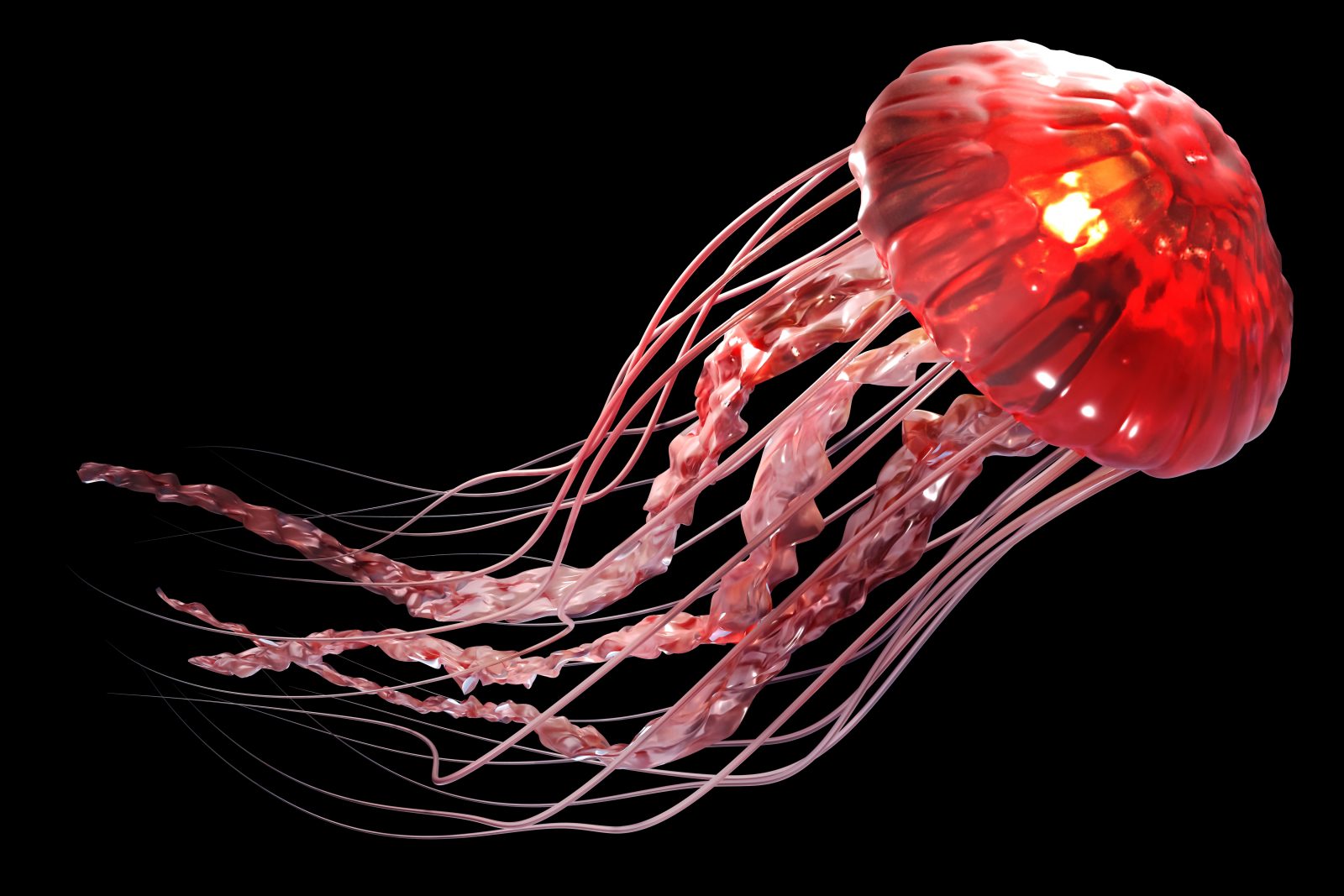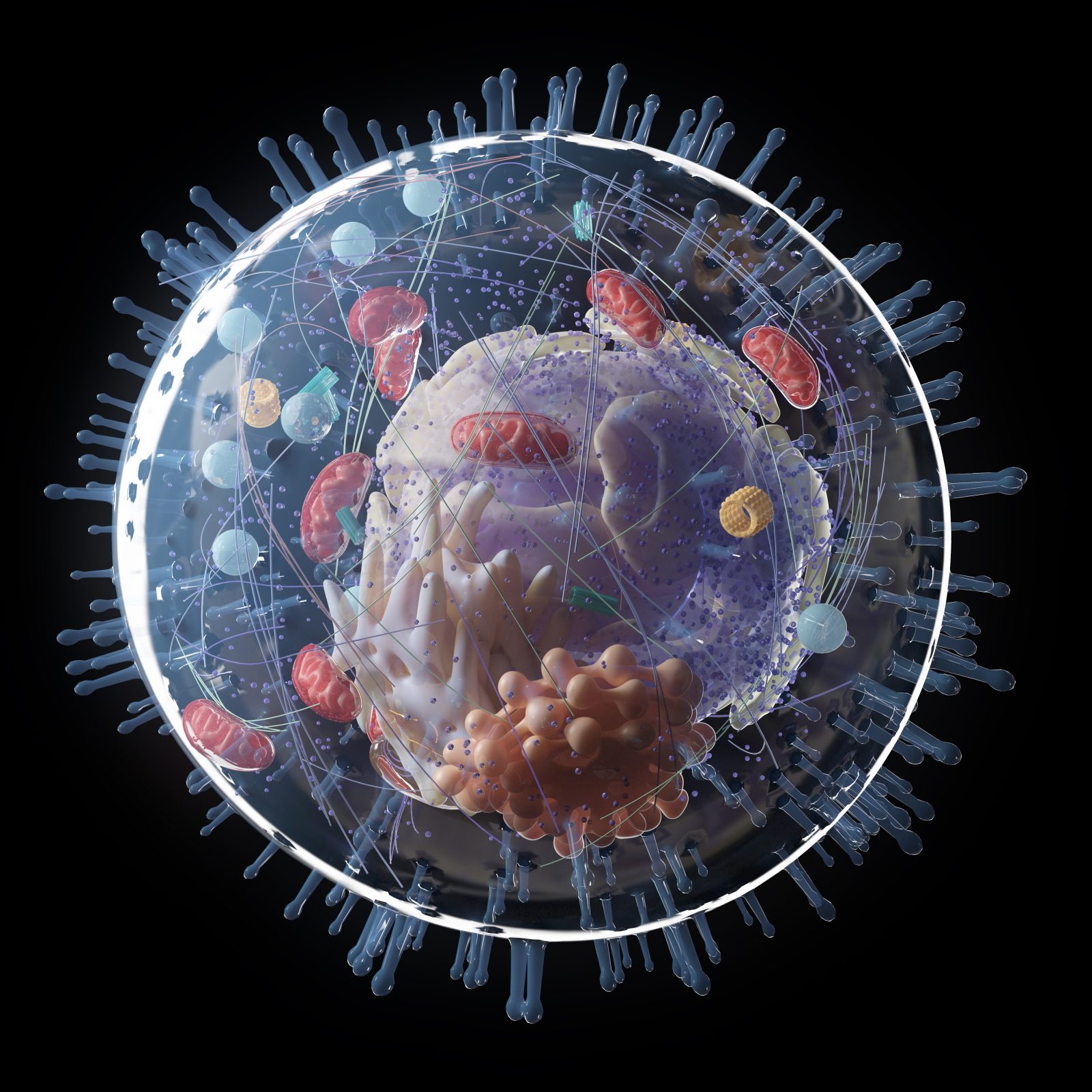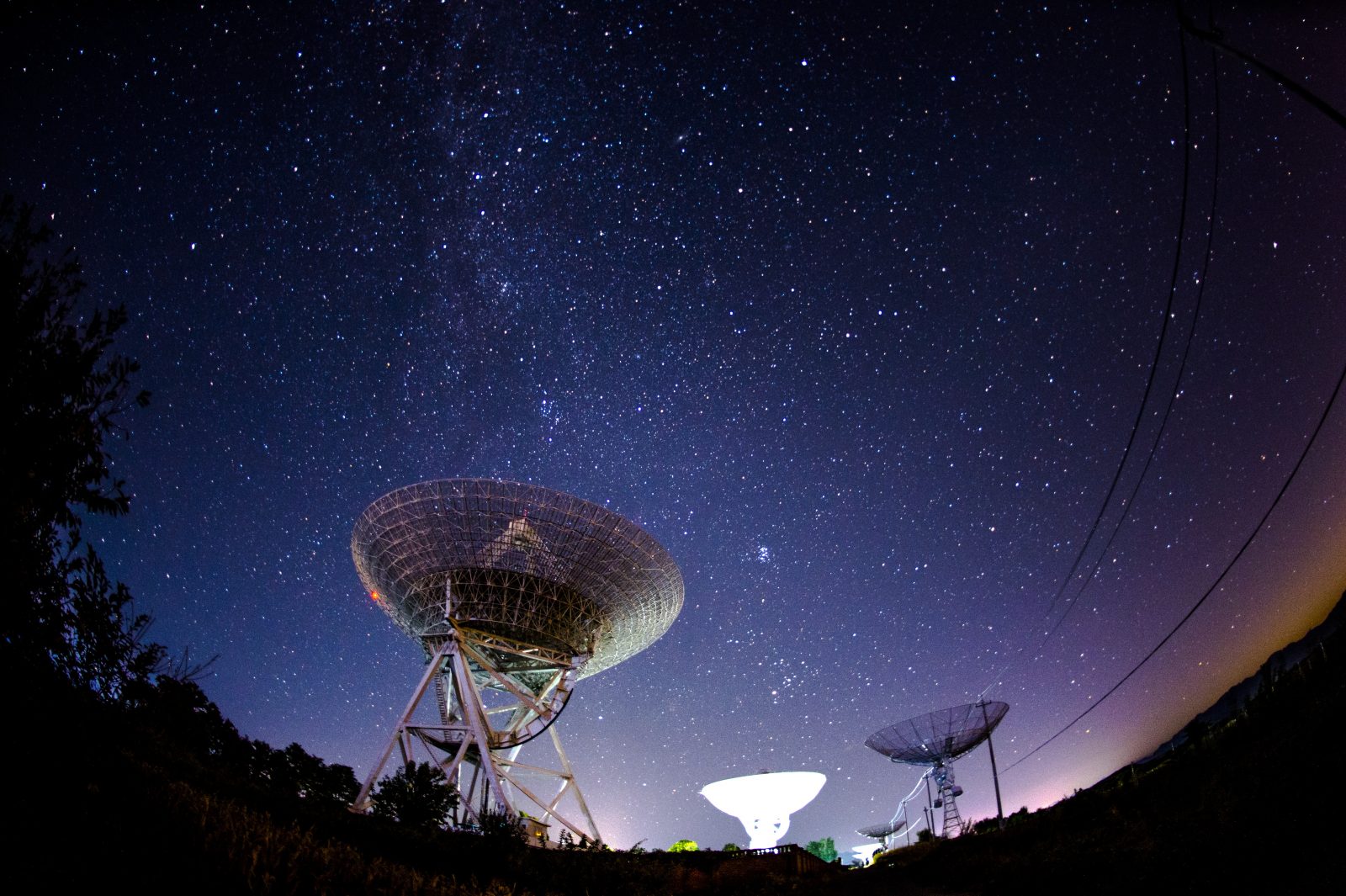
The Evolution (or not) of Consciousness
On this ID the Future neurosurgeon Michael Egnor interviews Bernardo Kastrup, a philosopher with a background in computer engineering, about consciousness, evolution, and intelligent design. Did consciousness evolve? What does the evidence suggest? And how do materialists deal with the seemingly immaterial reality that is consciousness? This is a guest episode borrowed with permission from Mind Matters, a podcast of Discovery Institute’s Walter Bradley Center for Natural and Artificial Intelligence.







